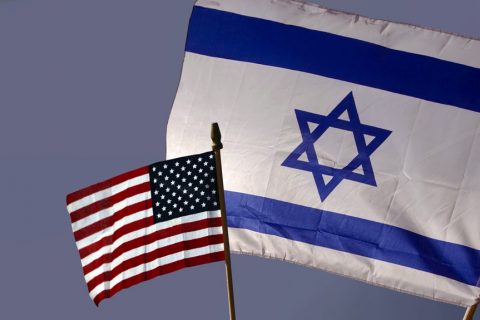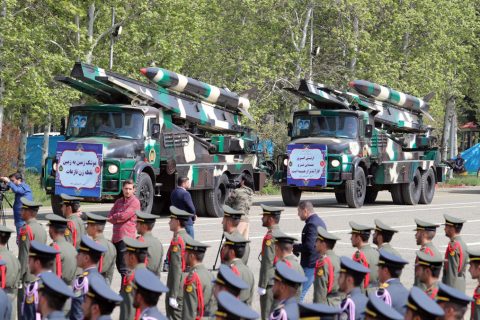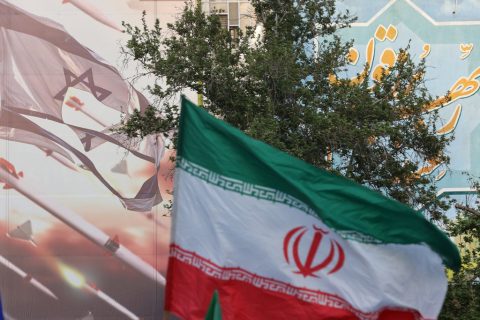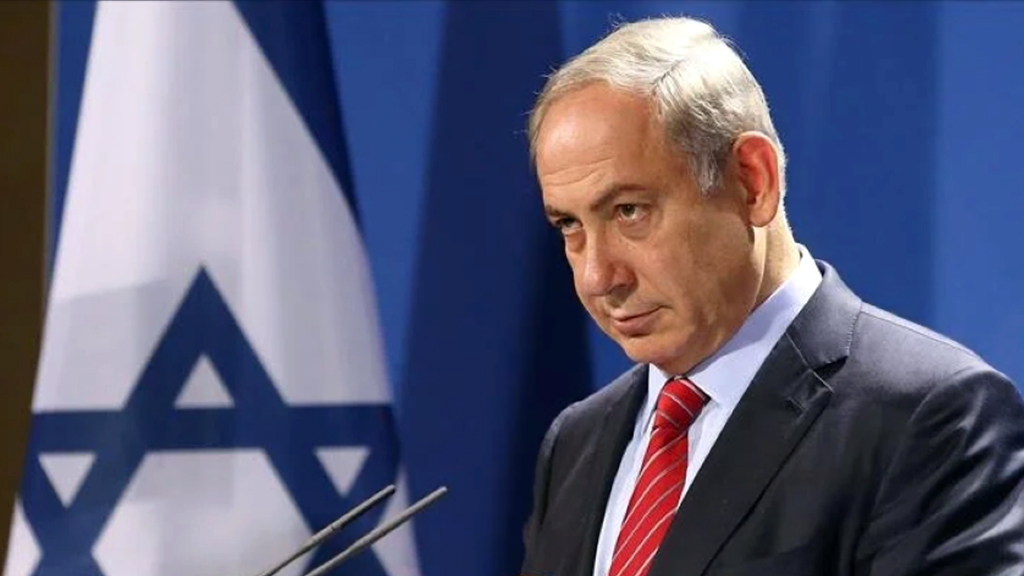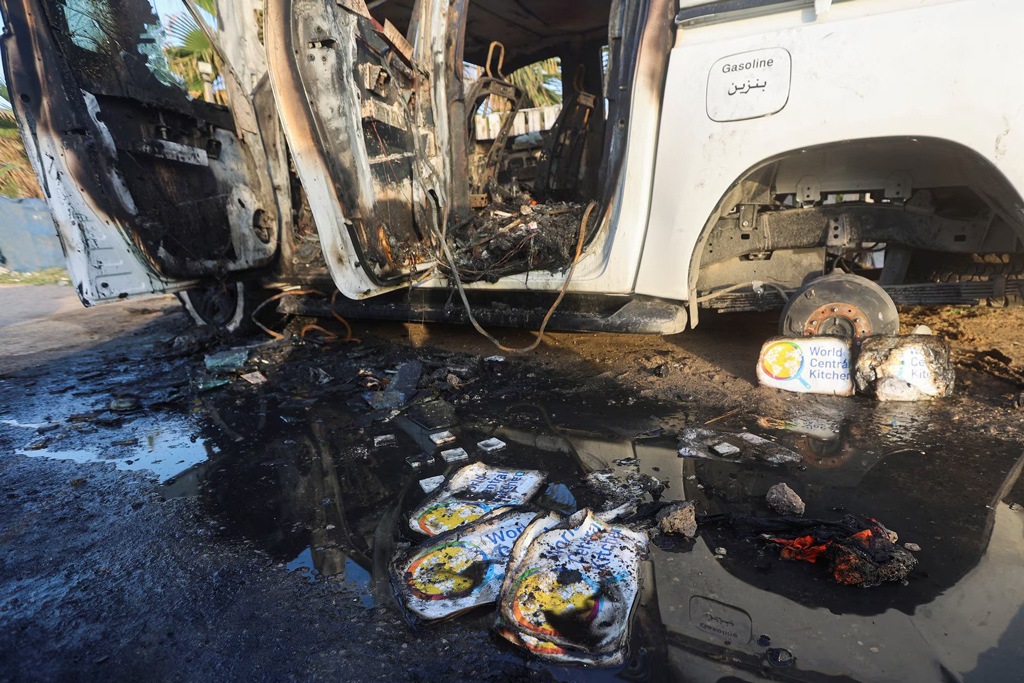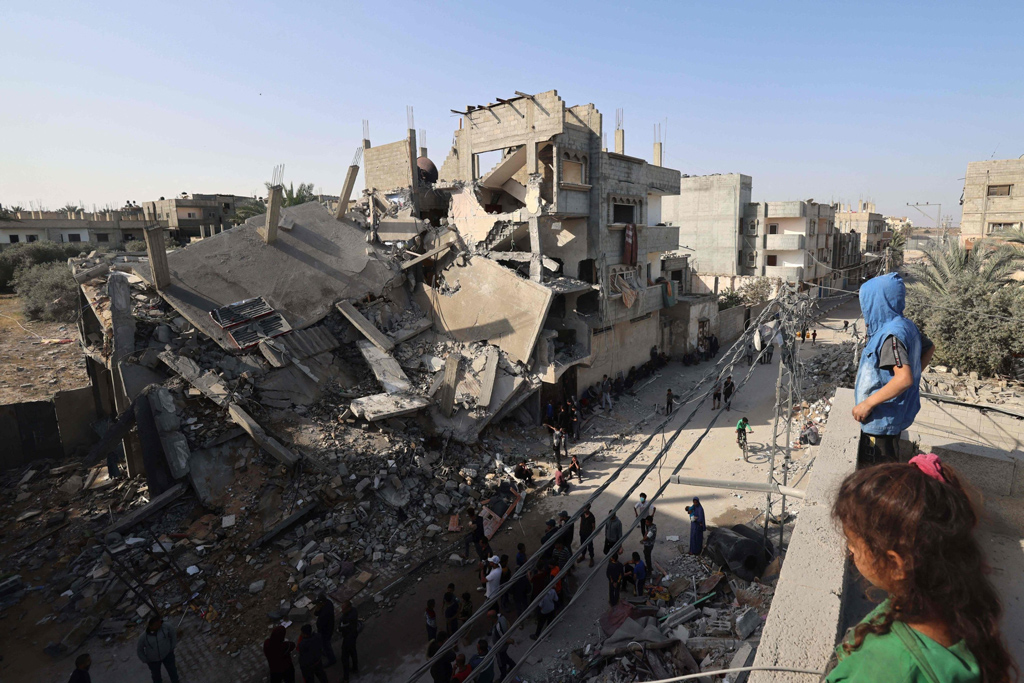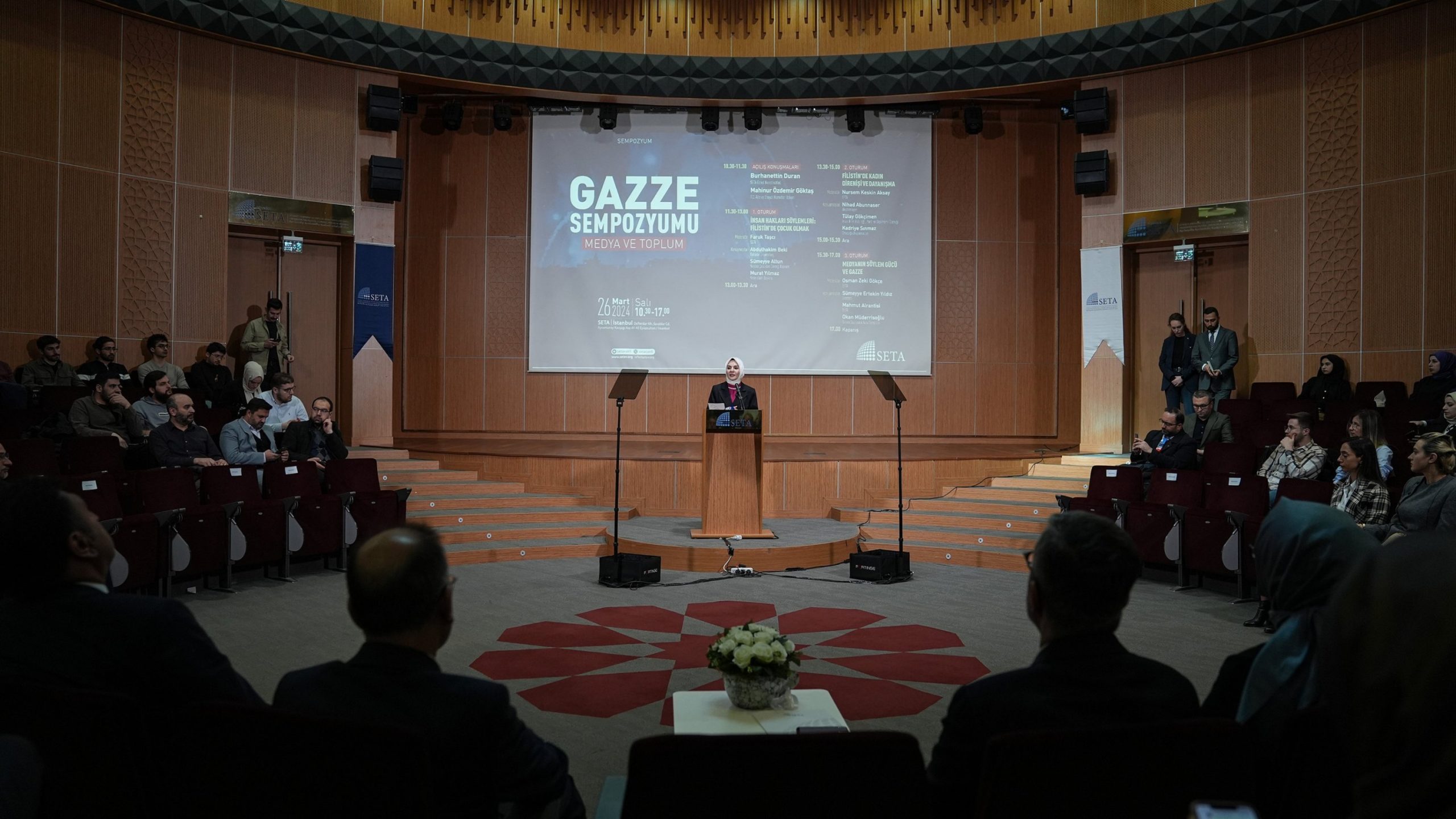Israel
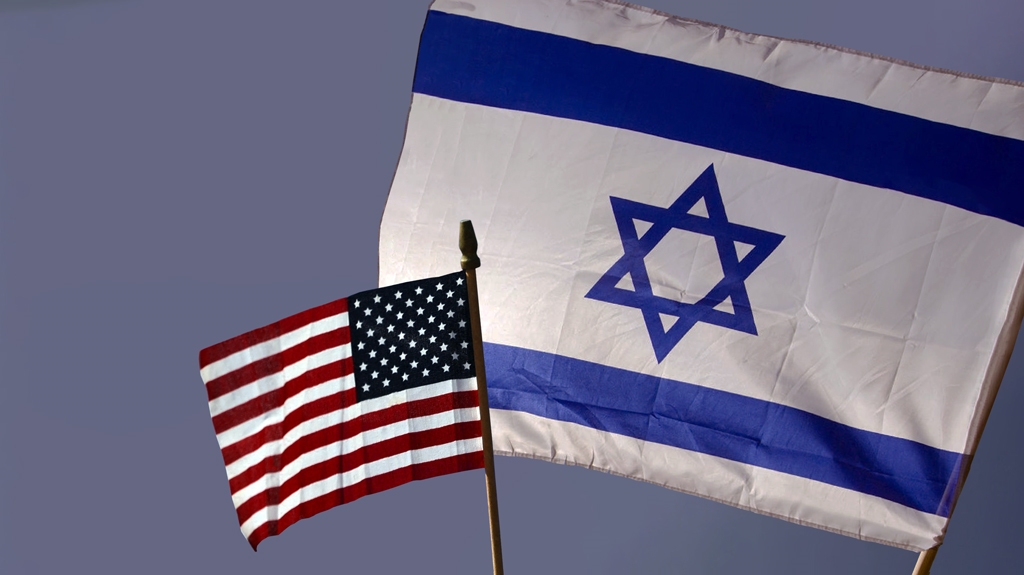
The ‘tragedy’ of US policy vis-a-vis Israel
| OpinionThe Biden administration seems to have at least temporarily succeeded in preventing Iran’s direct attack …
-
Opinion
The ‘tragedy’ of US policy vis-a-vis Israel
By Kadir ÜstünThe Biden administration seems to have at least temporarily succeeded in preventing Iran's direct attack on Israel from escalating into an uncontrolled war. The White House conveyed the message to Israel through various channels that any attack on Iran should be 'proportional,' also signaling to the Netanyahu government that US support for Israel would be limited to defense. With the assistance of the United States, the United Kingdom, and Jordan, Iran's UAVs and missiles were intercepted before reaching Israeli airspace, making the job of the Iron Dome relatively easier. However, Iran's low-intensity and controlled attack with low-cost weapons demonstrated that in a more 'real' war, Israel's task would be far from easy. The attack, which brought the urgency of Israel's defense to the forefront, seems to pave the way for a vote on a long-delayed aid package for Israel, Ukraine, and Taiwan in the House of Representatives. The fact that American foreign aid could reach the approval stage thanks to the attack on Israel indicates how much the issues that bring Republicans and Democrats together have decreased.
-
Opinion
The Israel-Iran war gamble
By Murat YeşiltaşThe Israeli attack on the Iranian Consulate in Damascus has escalated regional tensions to unprecedented heights, once again thrusting the intricate geopolitics of the Middle East into the spotlight. Iran’s retaliation to this aggression has resonated not only within the region but also on a global scale. Its response was twofold: to display their military prowess and to convey a political message to the international community. This marked the first instance since 1973 of a state responding militarily to Israel at a conventional level, thereby disrupting the longstanding status quo of Israeli immunity. Through these actions, Iran seeks to enhance its deterrence against regional and global actors while simultaneously solidifying its domestic political position.
-
Opinion
Middle East cannot be left in vortex of Iran-Israel tension
By Burhanettin DuranThe direct confrontation between Iran and Israel remains under control – for now. Yet, it points to an emerging equilibrium in the region. There was already talk of escalating tensions in the Middle East around Gaza and Palestine in the wake of the Oct. 7 attack.
Bu Konuda Daha Fazla
-
Netanyahu’s Iran card…
By Kadir ÜstünIn response to Israel's striking of Iran's consulate in Syria, Ayatollah Khamenei's statement of "retaliation will be given" has heightened the possibility of the regional proxy war escalating into direct conflict. Since October 7th, Netanyahu has been attempting to expand the conflict by targeting Hamas and Shia militia objectives in both Beirut and Syria. The relatively controlled continuation of the "regional war" relied on Iran and Hezbollah refraining from militarily supporting Hamas. However, Khamenei's remarks suggesting that striking the Iranian consulate would mean targeting Iranian soil have also put Washington on high alert.
-
Israel’s 2 grave mistakes that put its Western allies...
By Muhittin AtamanThe latest developments in Gaza have forced many states to reconsider their policies toward Israel’s genocidal attacks, the suffering of the people of Gaza and the resistance of the Gazan people, which will continue to shape not only regional but also global politics.
-
Recent developments in Palestine amid Israeli aggression
By Muhittin AtamanAlthough Israel’s genocidal attacks and the suffering of the people of Gaza continue to occupy the main agenda of world politics, there have been important developments in Palestine recently. There are many efforts to divert the attention of people and governments from Israel's brutality. However, none of these attempts have succeeded in taking Gaza off the agenda. Even the brutal terrorist attack in Moscow did not distract the international community.
-
Did Biden abandon Israel at the UN General Assembly?
By Kadir ÜstünThe 'immediate ceasefire resolution' issued by the United Nations General Assembly (UNGA) due to the United States' abstention indicates that the Biden administration's political pressure on Israeli Prime Minister Netanyahu persists. Despite the White House emphasizing that the decision is not binding and that there are no changes in policy, Netanyahu canceled the visit of the delegation he planned to send to Washington immediately after the UNGA decision. The fact that the Biden administration, which has been diplomatically protecting Israel with its veto power since October 7th, chose to abstain this time suggests that the crisis in bilateral relations has reached its peak. While Netanyahu may lean towards Trump, who has advocated for ending the conflict, Trump's remarks have increased American pressure.
-
SETA symposium in Istanbul highlights Gaza crisis
By SETAThe Foundation for Political, Economic and Social Research (SETA) hosted the "Gaza Symposium: Media and Society" in Istanbul.
